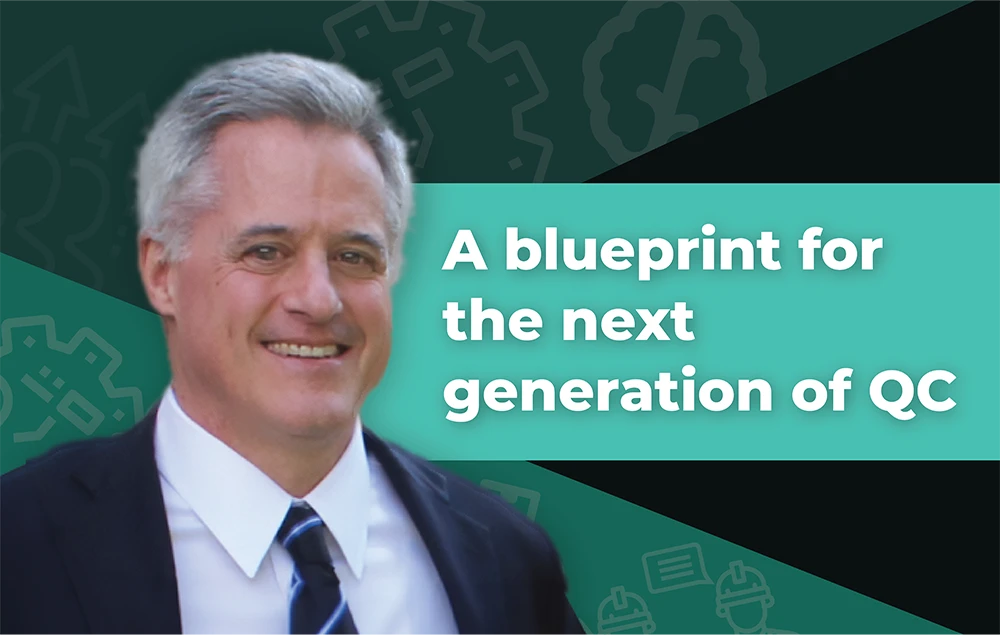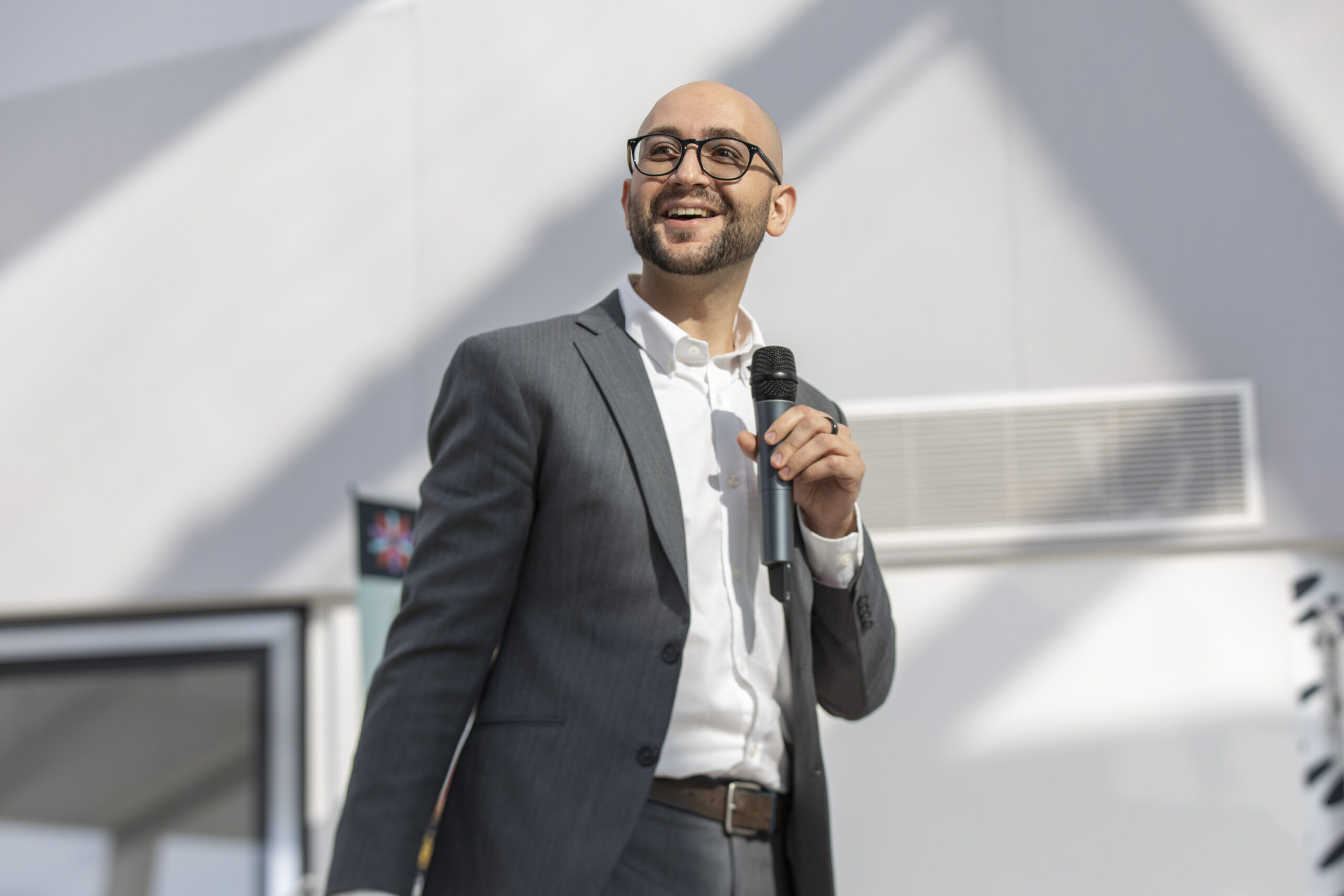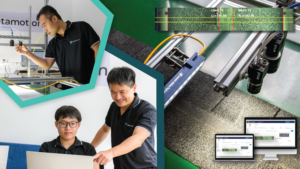In a world where technology shifts beneath our feet, leaders like Mr. Burt Hurlock, Executive Chairman of Zetamotion, stand out not just for keeping pace but for charting new courses. With a rich history of transforming startups into established market players. Hurlock’s journey offers deep insights into the blend of strategic foresight, leadership, and customer-centric innovation that drives success in the tech sector.
In our conversation, we delve into Hurlock’s philosophy on team building, his approach to global acquisitions, and the pivotal role of customer feedback in shaping businesses. Alongside, we touch on themes from his book, “Not Just Pretty,” linking his professional experiences with broader lessons in strategy and decision-making.
Welcome, Mr. Hurlock. Please, have a seat. Can you share with us your journey and what led you to become the Executive Chairman of Zetamotion?
The lead investor in Zetamotion and I have a long and successful track record of working together. Our last successful exit was a company with many similarities to Zetamotion. When the lead investor asked me to work with the Zetamotion team it was an easy “yes.”
Experience is what sets people apart in our line of work. 25 years of leading, building teams that outlast and outperform. What’s your secret?
The most successful teams have low ego, high creativity, and high accountability with a shared sense of destiny. My job is to optimise collaboration and performance by nurturing and rewarding these qualities.
And acquisitions, over fifty across continents. How do you manage, integrate these diverse cultures under one banner?
By emphasising teamwork and underscoring the importance of the whole being worth more than the sum of the parts. Collective intelligence outperforms individual genius every time, and respect for dissonant voices is infinitely more motivating than autocratic rule.
Scaling startups, from mere concepts to successful IPOs or sales. What’s your philosophy there?
Customers (more than founders) chart the course – they are our compass. Notwithstanding best intentions, practical customer use cases inform and advance emerging technologies faster and better than engineering, and customer trust and intimacy supercharges the advance of product life cycles. I never ended up in a business I went into because thought provoking customers led us to better places.
Thought leadership in technology, a tricky path to tread. Your insights?
Find the industry leaders, engage them, and learn from them. Every industry has a top quartile – a small group of companies that outperform the rest of the industry by attracting smarter, more capable people. Their feedback is invaluable, pushing both their limits and ours. There is no substitute for winning the trust of these customers and capturing their input when it comes to driving thought leadership.
How do you balance innovation with operational efficiency in a fast-evolving sector like AI-powered quality control?
By meeting customers where they are. Some customers have a high tolerance for the messiness that comes with trail blazing. They value mistakes for the lessons they learn, and they understand the time-based advantages that arise from iterating fast to achieve breakthroughs. These are the “move fast, break things” types that embrace failure and iterate by design to workable solutions. Other customers punish failure and these require a slower pace.
“Not Just Pretty,” your book, it draws parallels with your own journey. Share with us, how does Phil Perdue’s boat building venture mirror your strategic decision-making?
You must be the second person to read the book, but I’m glad you asked. Phil’s journey is drawn directly from my professional experience in many ways, but two in particular: First, my experience is that talent strikes early, when people are young and vulnerable to bad decision-making. Surrounding talent with experience, and people predisposed to helping advance the fortunes of the whole team vastly improves the odds.
So a blend of veterans and new perspectives. What’s the second way?
The second is a corollary of the first: on every journey, individual or corporate, we make important choices. Jeff Bezos has recently described these as one-way doors and two-way doors – choices you can reverse and choices you can’t. When they’re one-way doors the destiny of the entire organisation rides on them, and fast-moving start-ups can find themselves moving through one-way doors in rapid succession. This is when team dynamics become vital because thoughtful scarce resource allocation requires making hard choices and leaving some things behind. Keeping the team aligned and invested in a shared mission by working together wins the day. Phil combines proven technology with natural people skills to build a juggernaut until, like the best of innovators, it lands him in a business he didn’t go into. It’s a cautionary tale.
Our goal is to maintain focus on data, analytics, and understanding what they say about leadership and culture – both our own and that of customers. If you believe “you can’t manage what you can’t measure,” then meaningful data and analytics are the life-blood of improving business processes. But customers sometimes recoil at what they learn about themselves from the data, and sometimes resist even more the behavioural change that’s the remedy. Understanding culture, and making change an opportunity rather than a threat, requires close customer collaboration. Zetamotion will have both second-to-none-technology and customer intimacy.
Well, Burt, if the future was a river, I’d say invest in a paddle. It’s about knowing when to row hard and when to let the current guide you, right?
I love that analogy. We ride on the current of our times, doing our best constrained by the riverbanks to find smooth water and bypass obstacles. It’s one ride, one team, especially for businesses moving on fast water – you need all the help you can get. Gritty, creative, low-ego cultures fare the best. They share a heightened sense of awareness that helps them plot the course to success, whether by internal collaboration or collaboration with strategic partners and customers.
But a rubber duck and some hope can go a long way too!
Indeed – in the pursuit of perfection, it’s the laughter amidst the storm that keeps our spirits afloat, right? Practising forgiveness is indispensable because we all eventually need it. And knowing we’ll be forgiven gives us the confidence to take risks, to fail. Helping each other find the way is the only path to meaning, to purpose, as corny as that may sound.
What are the immediate priorities for Zetamotion under your leadership?
To build out the dynamics of the offering by hearing and responding to the needs of top quartile customers. Zetamotion has the technology and framework to radically transform production yield. We are taking the first baby steps towards tying back highly accurate quality control to more efficient inputs and higher yield production.
How do you envision AI technology evolving in the quality control industry, and what role will Zetamotion play in this evolution?
I’ve learned in previous lives that insights derived from aggregated industry data can move whole industries forward. It takes a large-scale player at the centre of the industry to host anonymized data, build benchmarks, and deliver easily implemented insights about best practices that expand the efficiency frontier. Zetamotion’s mission is to achieve critical mass with top quartile customers to play that role.
What lessons have you learned throughout your career that you believe are vital for future leaders in tech and entrepreneurship?
The failure of brilliant technologists is practically a cliché. People are at the core of achieving anything meaningful in any endeavour. Technology can’t build or simulate culture because culture is about belief. People need to trust and believe in the commitment of their leaders to basic principles of fairness, respect and decency. When organisations nurture good people, everything else follows – everything is in reach.
Your final thoughts on AI, quality control, and leadership?
AI, quality control and all manner of advances in technical capabilities are here to stay. Leadership is less certain, and so is what it means. Leadership to me is simple: it’s helping people – helping them grow, helping them succeed, helping them overcome trying times. Technology can (but not always) serve that purpose. Whether it’s customers, my management colleagues, investors, front line employees, even competitors, no one ever holds helping them against you, and there’s no price on its rewards.
Then may the winds be ever in your favour, Mr. Hurlock!
It’s nice to see we share an affection for corniness…





